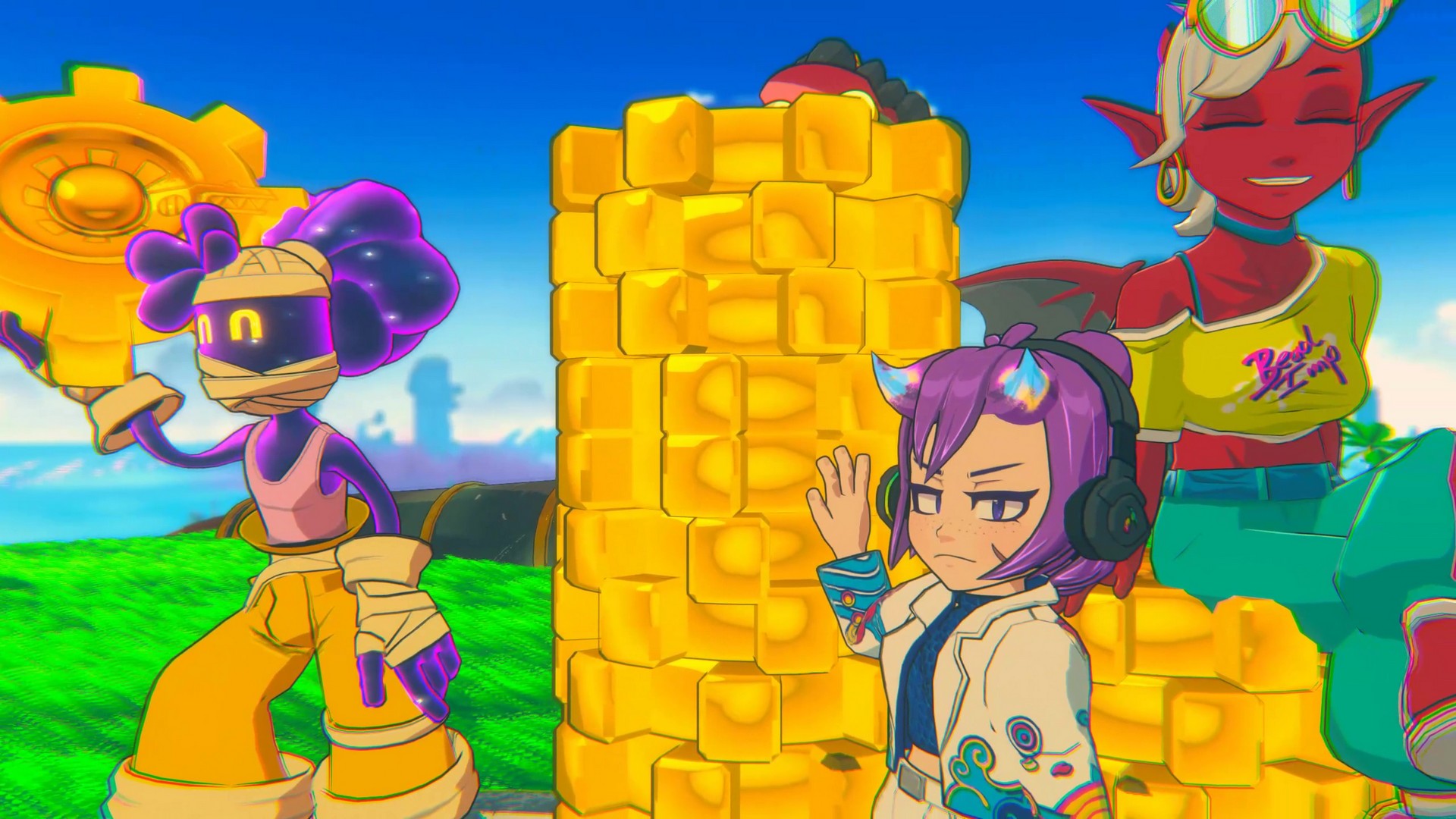9 ways your life is one big video game

Art imitates life
Play enough video games, and you start to see parallels with everyday life. I know, I know, most people don't go around fighting magical monsters or embarking on interstellar adventures (but those that do must have a lot of fun). Most people work a job, have a family, and basically do their best at getting by.
These two categories may seem none too similar, but if you peek behind the curtain and examine how both video games and the game of life are designed, you'll find they actually share a lot in common. As a matter of fact, the similarities start right from the moment our life begins
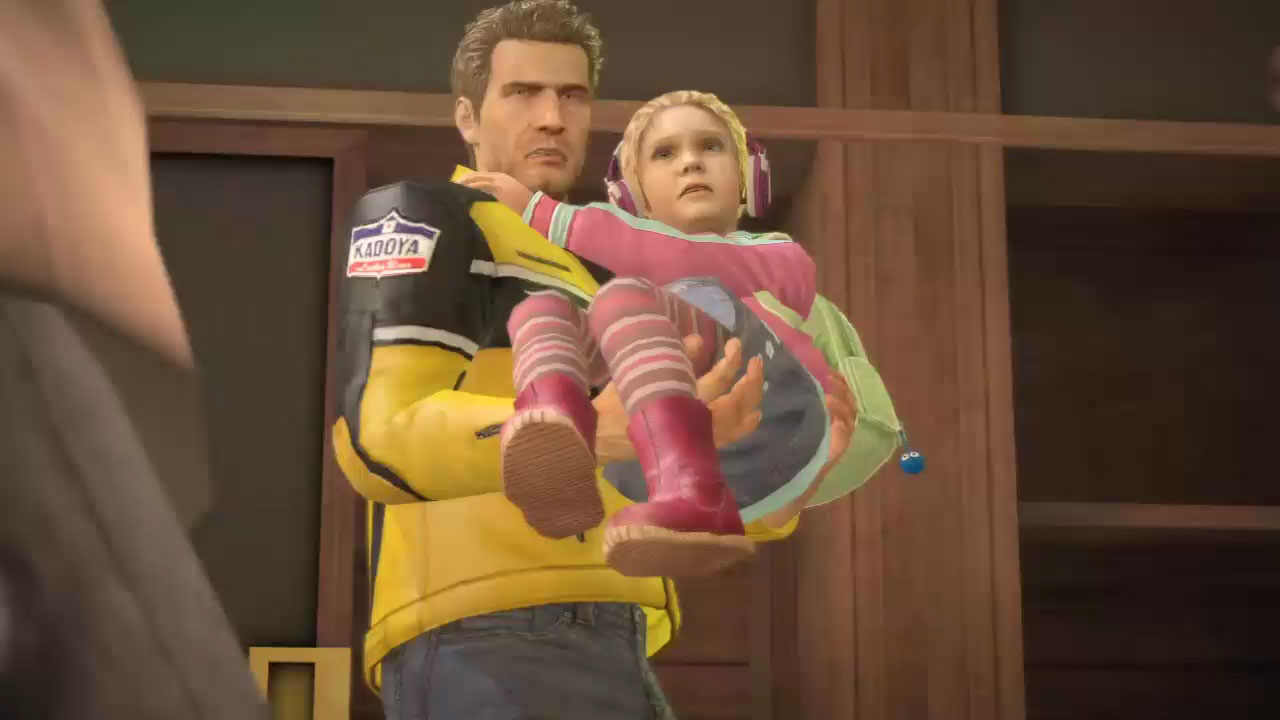
Your childhood is one long, unskippable tutorial
From the moment you're born, you're trapped in this long, plodding tutorial where you mostly just sit and watch other people do things. And it's so boring. You're unable to control anything, and it takes years before you're even allowed to move around. What's worse: no one ever seems to remember much of their childhood, so what's the point?
And then there's all the stuff that isn't even covered in this tutorial. For example, we learn how to talk to other people - great - but what are you supposed to say when your boyfriend or girlfriend wants to split up? It's like one of those fighting game tutorials where it teaches you how to perform a move without bothering to talk about why that move is important or when you'd want to use it. We learn the action, but we don't always get the proper context.
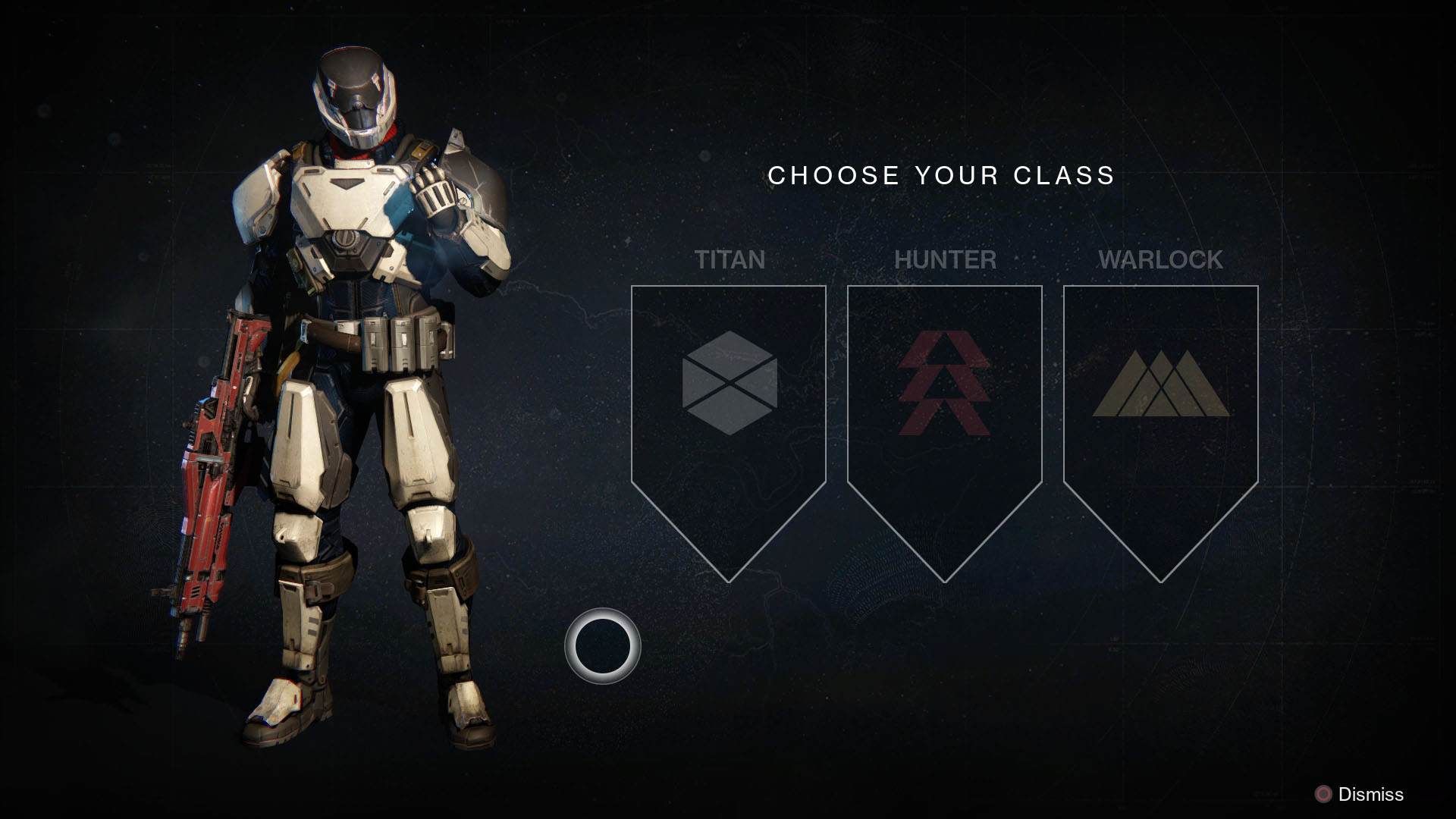
You have to pick your class right at the start
Consider Dragon Age: Inquisition: before you have a real understanding of how the game plays or what any of the classes do, you're forced to make a choice: warrior, rogue, or mage. How am I supposed to know which one I want? I just started!
Real life is much the same way. As soon as we get out of the tutorial, we're expected to pick a class and start leveling up. Sure, we get some descriptions about what a doctor or a police officer or a chef is supposed to do, but they're vague at best. We could also postpone this decision until later, but this is discouraged because when you do finally make a choice there will be a TON of other characters playing the same class at a WAY higher level.
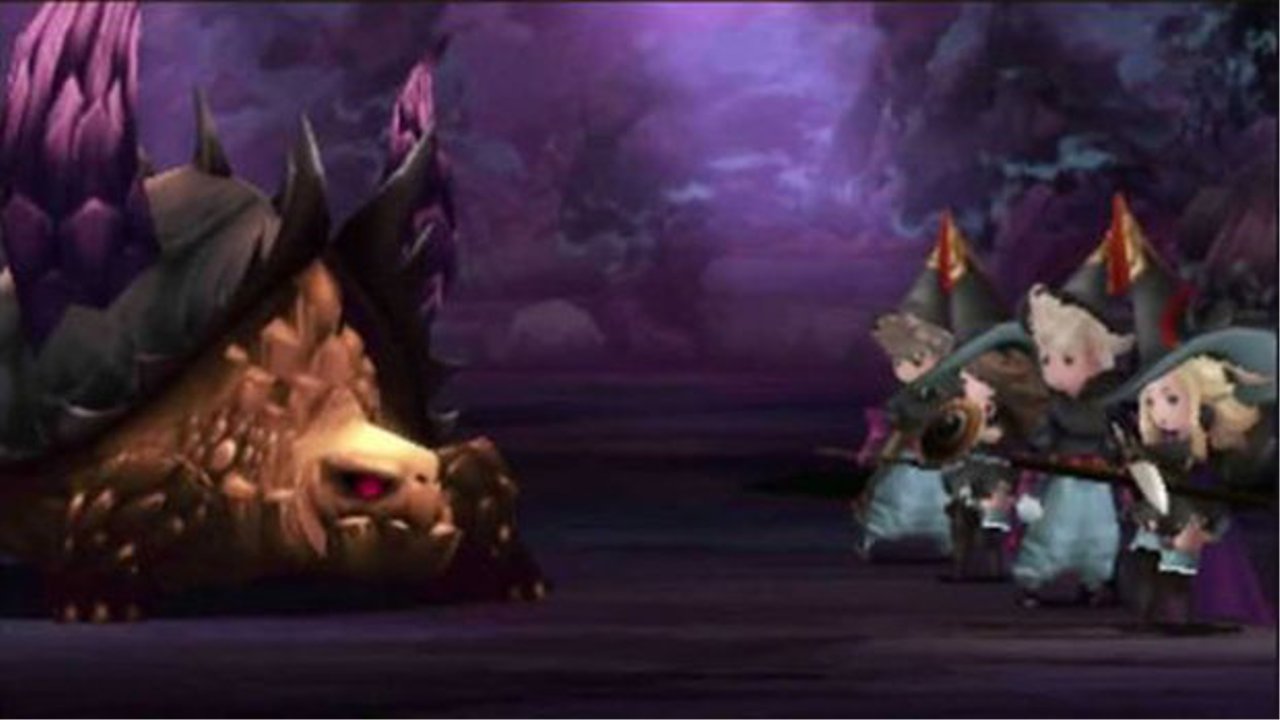
Instead of grinding monsters, you grind jobs
Grinding is a key part of most role-playing games. If you want to advance in the game and be adequately prepared for the challenges that lie ahead, you have to do some grinding. But while video game heroes get to fight vicious monsters and ruthless bandits, we get stuck with flipping burgers, sending e-mails, or sitting through boring meetings.
These certainly aren't the most fun parts of the game - especially if you're over-leveled - but they're important since they gradually improve our skills. Or, at the very least, provide us with the currency needed to unlock the good stuff. Because, as it turns out
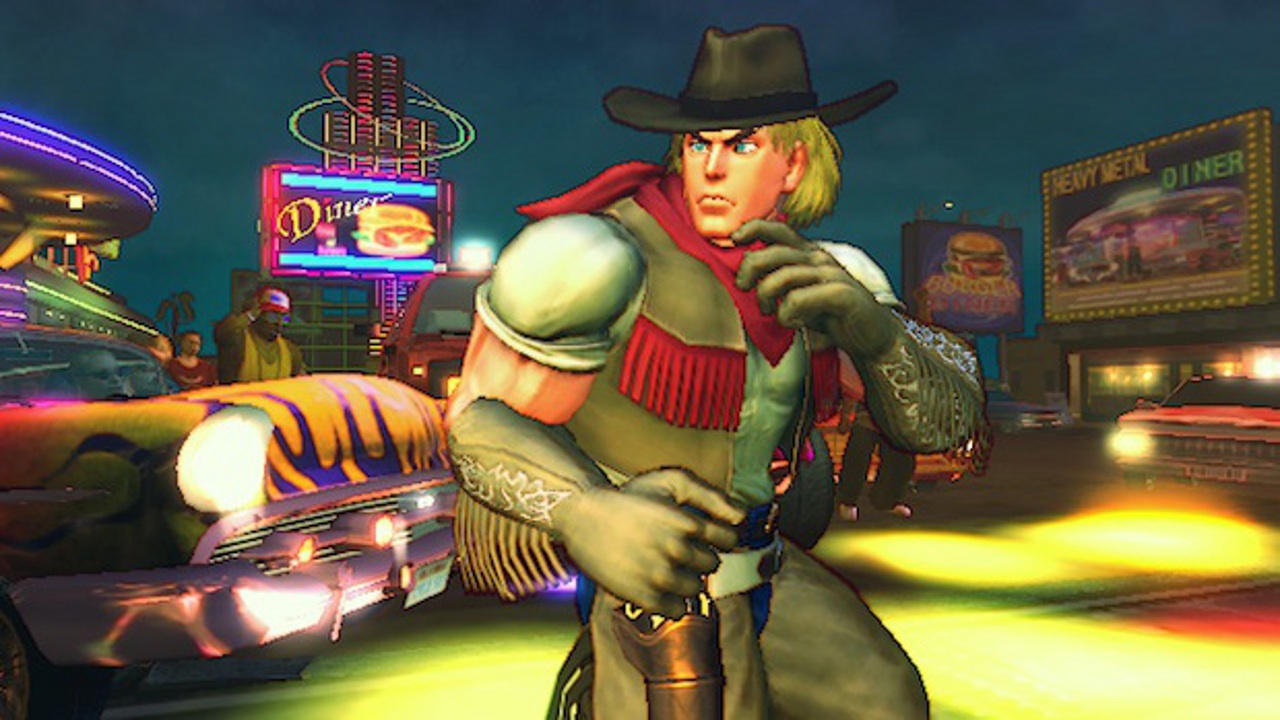
All the cosmetics and fun extras are paid DLC
Ugh, seriously!? If I want to change out of my boring, default clothes and into, say, an Elvis Presley costume, I have to PAY MONEY? And it doesn't stop there, the developers in both cases will nickel and dime you at every opportunity. Sunglasses? New hairstyle? Fancy suit? All of those cost money, and all they do is make you look a little different.
Of course, you could just ignore most of the cosmetic stuff if you want. Some of the other players won't like this, but whatever. What's really bad is that whole sections of the game are locked behind these paywalls. Want to play the exciting theme park stage, or access the brain surgeon subclass? Yep, that'll cost you too.
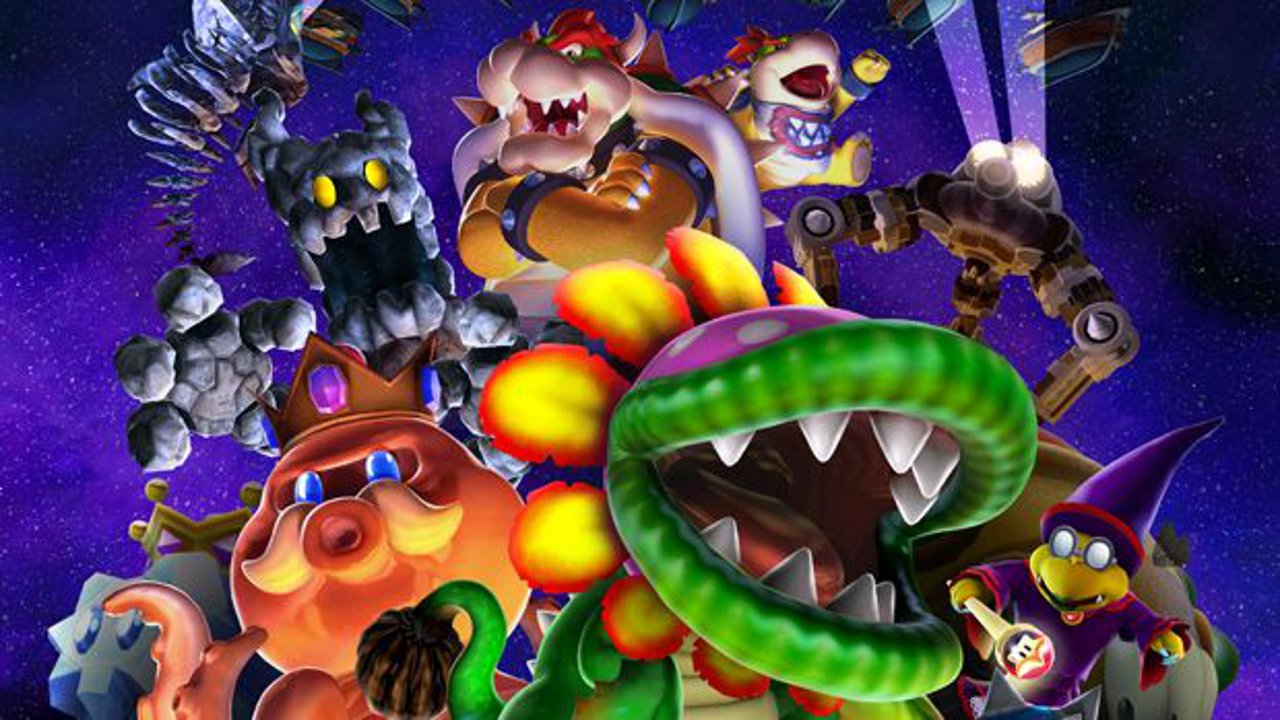
We have to deal with enemies all the time
Defeating enemies is just as much a part of real life as the daily grind. Some enemies can be swatted down without much thought, other you have to run away from. Some you have to train yourself to defeat, while others are so massive you have no idea how you'll ever beat them.
What's nice about video games, however, is that your enemies are pretty clearly labeled. That giant crab monster with the huge claws? Yeah, there's no mistaking it wants to kill you. But in real life, enemies can take many forms. Sometimes they can hide in the shadows and strike without warning, or take on the appearance of friends. This can get really confusing.
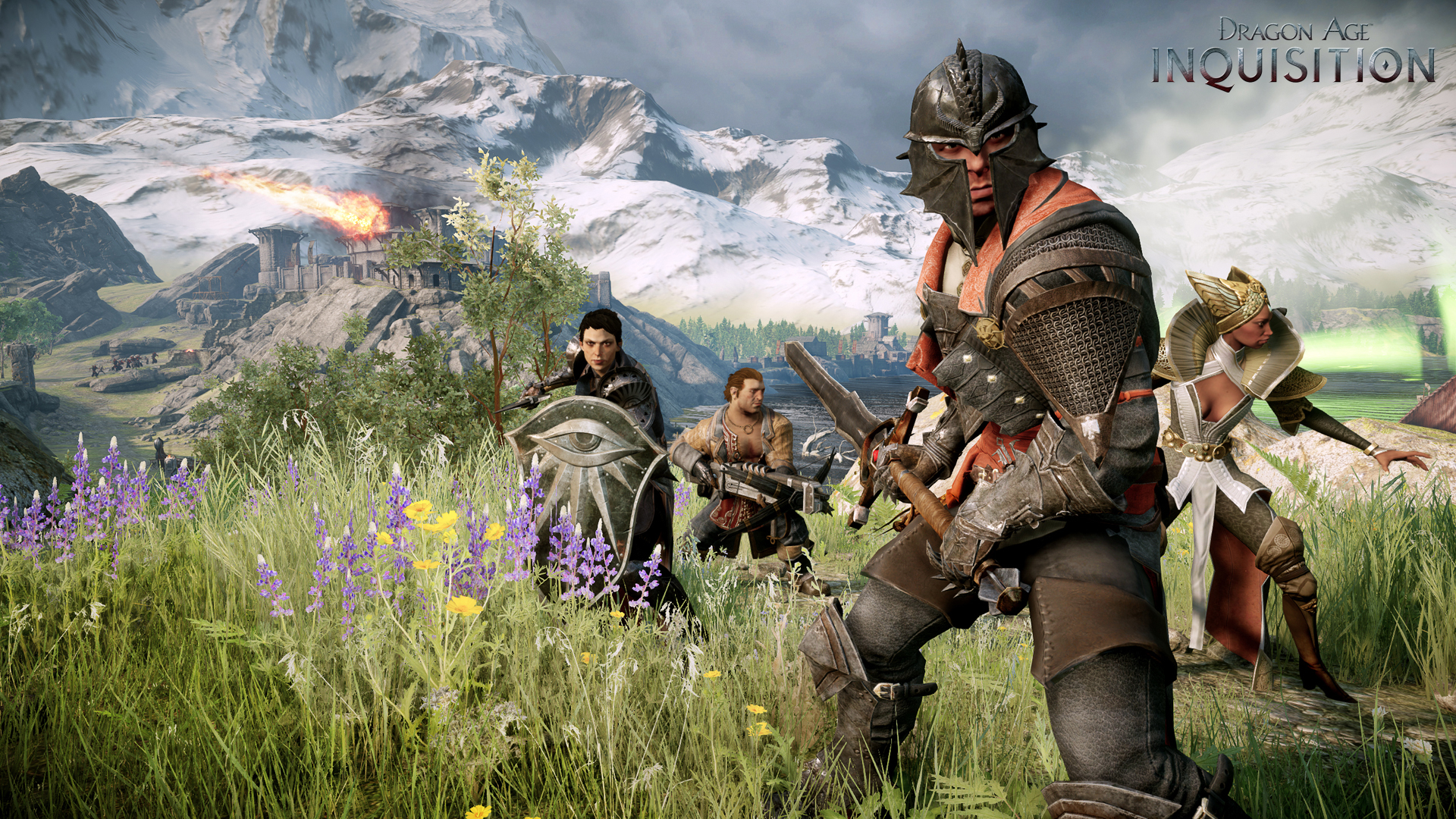
Victory requires strong party members
Thankfully, if you play your cards right you won't be facing these enemies alone. Every big video game hero - from Mario to Master Chief - has a group of loyal allies at their side to help them out along the way. They can't win the game all by themselves, and neither can we.
Having a strong and diverse group of party members can help cover areas where you're not proficient, and by working together you can accomplish things none of you could do by yourself. Some can even open up alternate routes through the game that help you circumvent those pesky paywalls. Others still can open up romance options, which is a whole other beast because
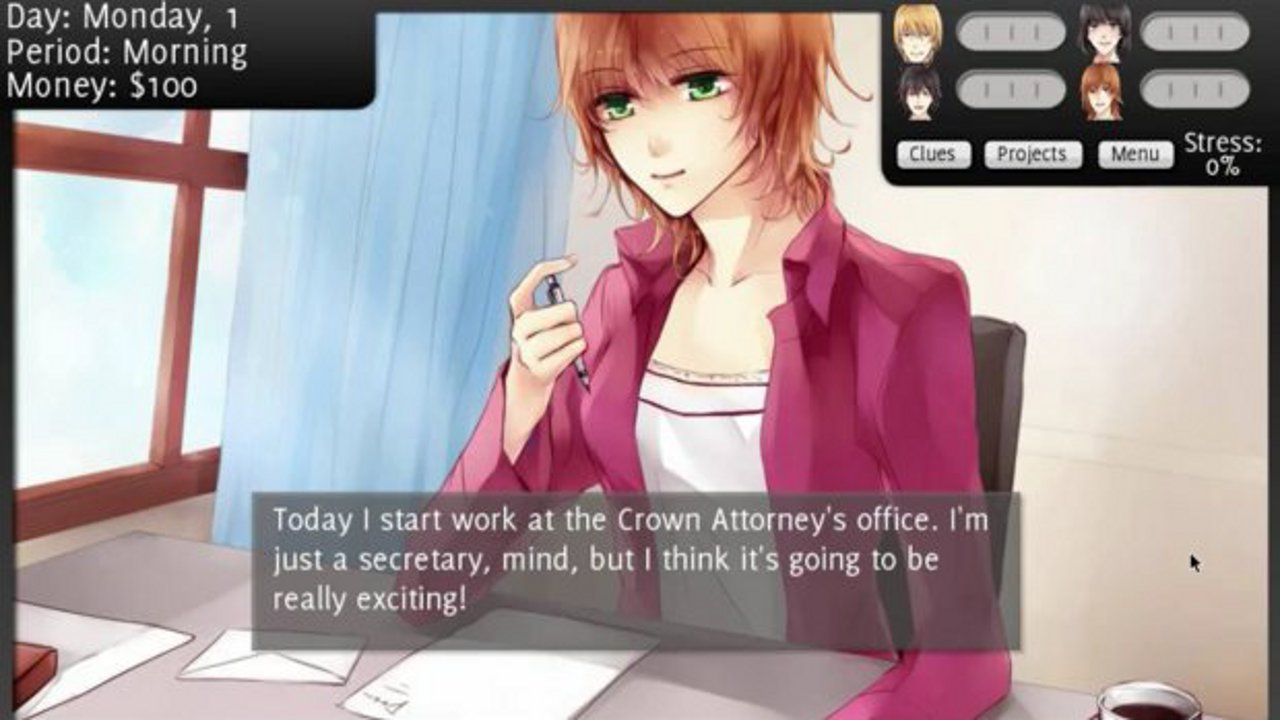
The dating sim sections are WAY too complicated
And the worst part is: they're hardly covered in the tutorial, if at all. Successfully navigating a video game relationship typically leads to a big reward for your hero: love, companionship, or simply carnal pleasure. Sometimes it's the ENTIRE objective of the game. So why is something like this not better explained in the tutorial?
Oh, sure, we get the 'birds and the bees' talk, and see what the "ideal" family looks like on television. But dates, dating, and the thousands of problems that can spring up therein? Those are all trial and error, and one wrong move could spell certain failure.
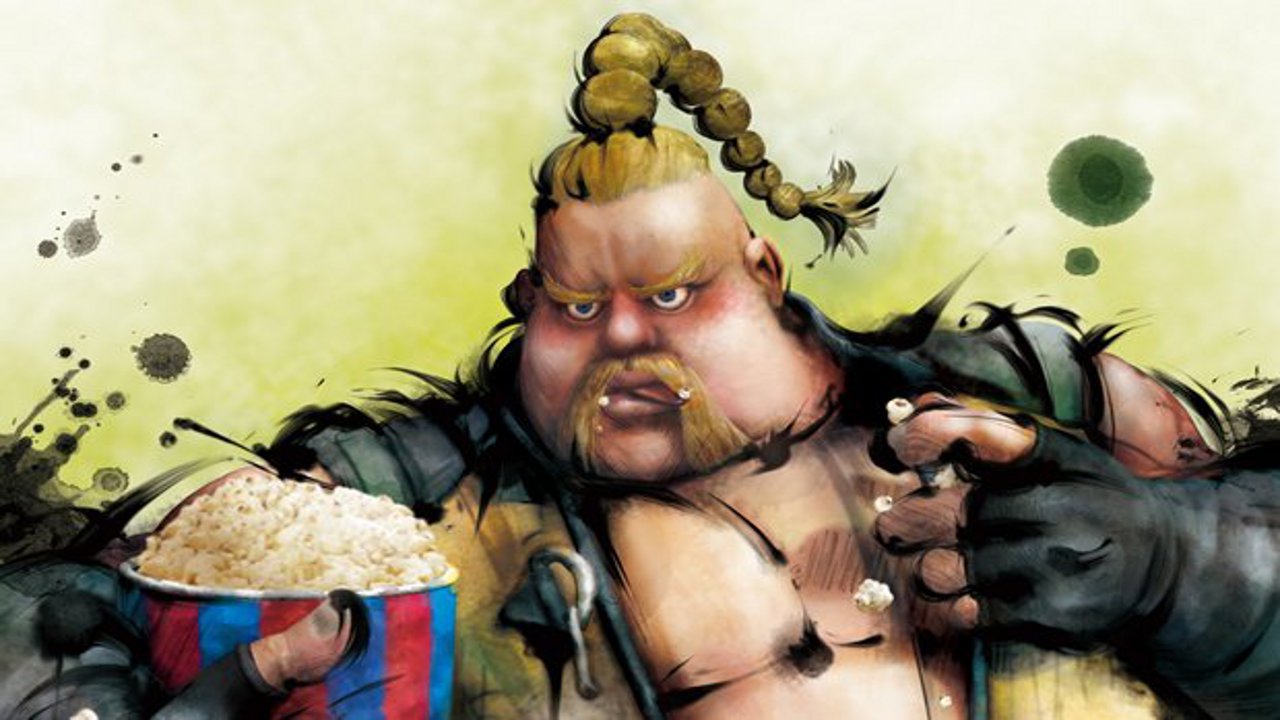
Food makes you feel better
If there's one universal truth that video games and real life share in common, it's a love of food. Even food that should be absolutely disgusting. There's that pizza lying on the ground in TMNT, or that roasted chicken lying on the ground in Final Fight; who's leaving all this food on the floor? Eating this stuff should probably kill you - or at least make you feel ill - but instead it heals you.
Real food does make us feel better in a variety of ways, whether because of its nutritious content or because it's just so freaking good. You can't deny the restorative properties of a half-pint of ice cream. It may not have all the complex vitamins and whatnot of a mixed greens salad or whatever, but it does feed the soul.
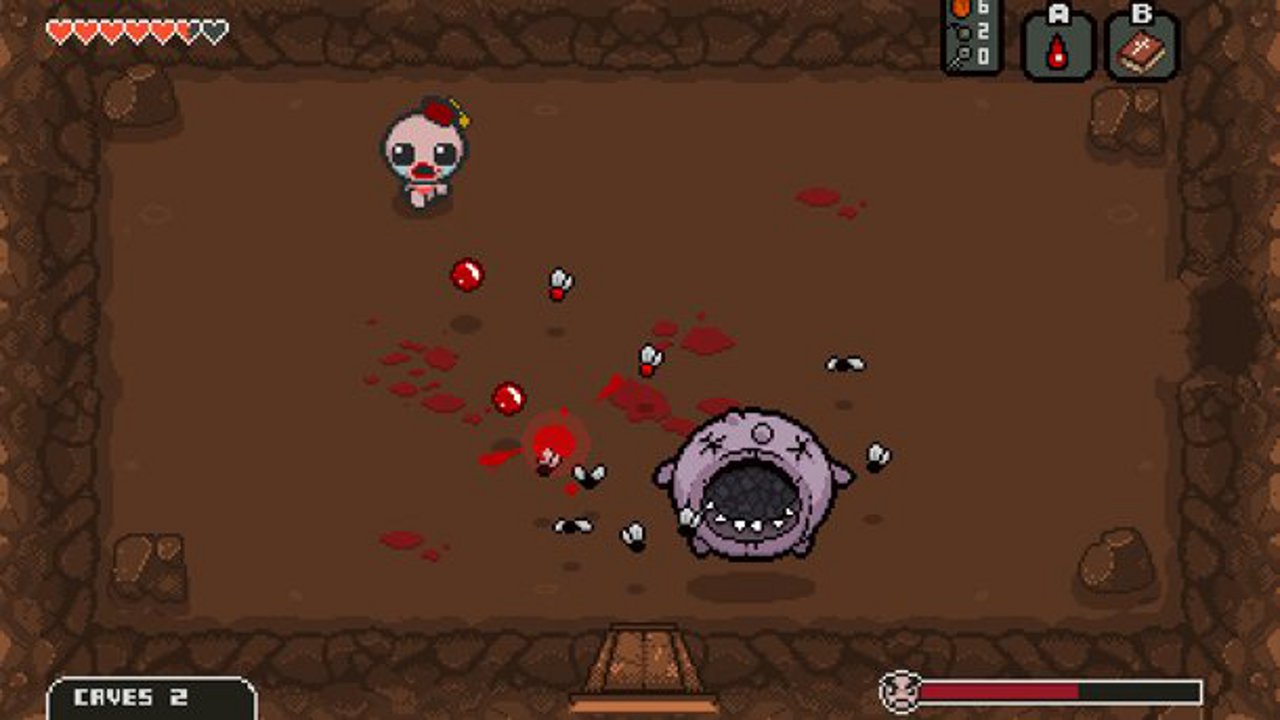
There's perma-death...
This is a rough design choice. If you make a serious mistake, or simply run out of time, then the game is over. Forever. There are no do-overs, no restarts, and the possibility of post-game content is... debatable. This adds an immense amount of weight to every decision you make, further complicating that class selection process we talked about a few slides back. Hope you liked the one you picked, because choosing another may not be a possibility.
On the flip side, this added weight can make your achievements that much more impactful, both for yourself and in the eyes in others. Dedicating your life to something - be it a spouse, a hobby, or a scientific pursuit - isn't just some arbitrary expenditure of time. It's the ultimate choice, the thing you chose to spend your most precious resource: time. That's like deep, man.
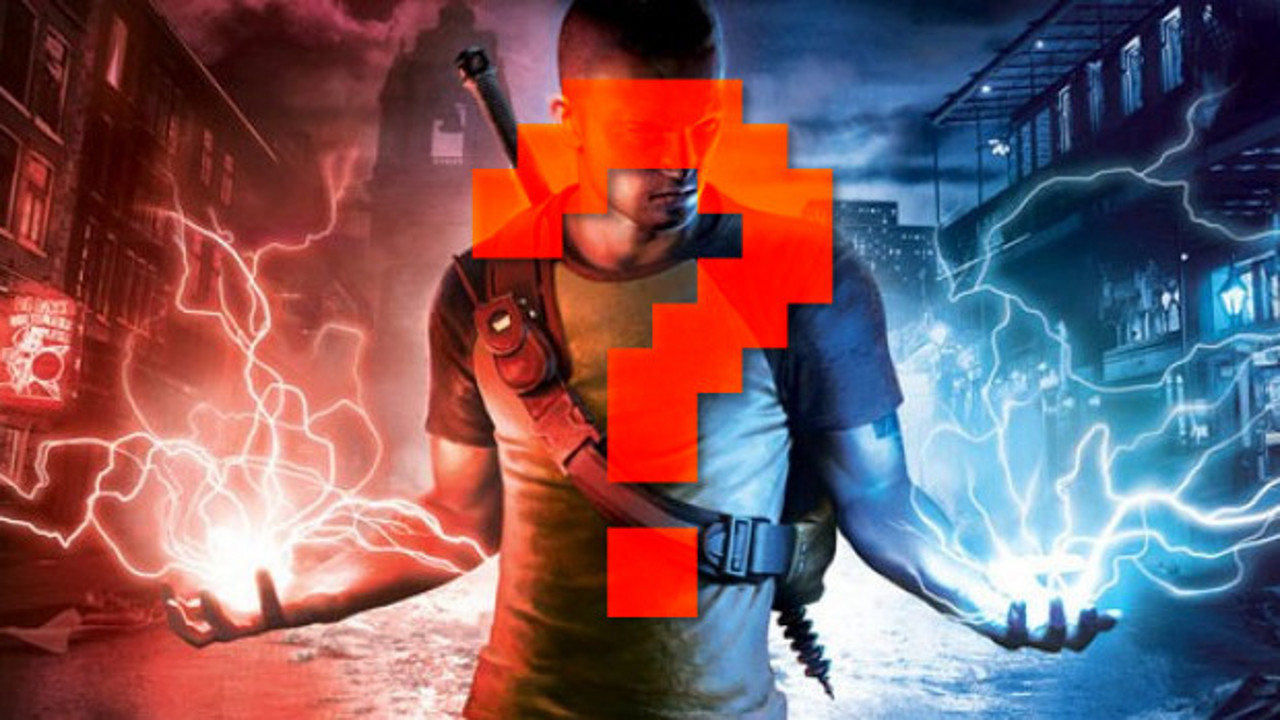
Life goes on
All right, enough with the naval gazing. Were there any similarities between real life and video games that I missed? If so, you know what to do: leave a comment in the comments section below. And good luck winning the ultimate game of life!
For more great GamesRadar+ content, take a look at Gaming's most ludicrous moral choices and 18 games banned across the world, and why they got the ax.
Weekly digests, tales from the communities you love, and more
You are now subscribed
Your newsletter sign-up was successful
Want to add more newsletters?

Every Friday
GamesRadar+
Your weekly update on everything you could ever want to know about the games you already love, games we know you're going to love in the near future, and tales from the communities that surround them.

Every Thursday
GTA 6 O'clock
Our special GTA 6 newsletter, with breaking news, insider info, and rumor analysis from the award-winning GTA 6 O'clock experts.

Every Friday
Knowledge
From the creators of Edge: A weekly videogame industry newsletter with analysis from expert writers, guidance from professionals, and insight into what's on the horizon.

Every Thursday
The Setup
Hardware nerds unite, sign up to our free tech newsletter for a weekly digest of the hottest new tech, the latest gadgets on the test bench, and much more.

Every Wednesday
Switch 2 Spotlight
Sign up to our new Switch 2 newsletter, where we bring you the latest talking points on Nintendo's new console each week, bring you up to date on the news, and recommend what games to play.

Every Saturday
The Watchlist
Subscribe for a weekly digest of the movie and TV news that matters, direct to your inbox. From first-look trailers, interviews, reviews and explainers, we've got you covered.

Once a month
SFX
Get sneak previews, exclusive competitions and details of special events each month!

